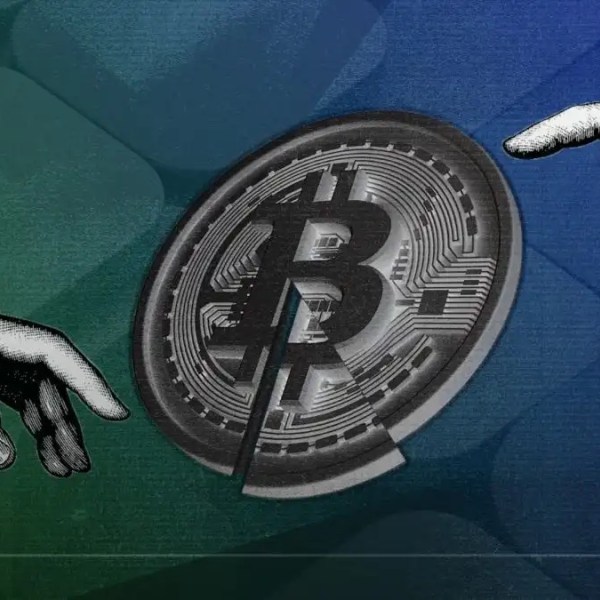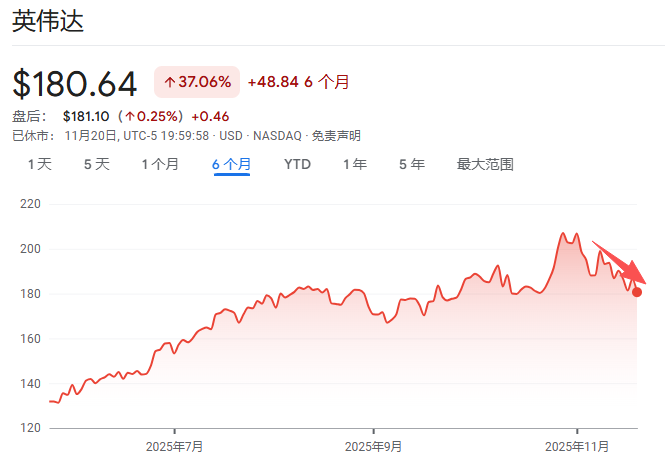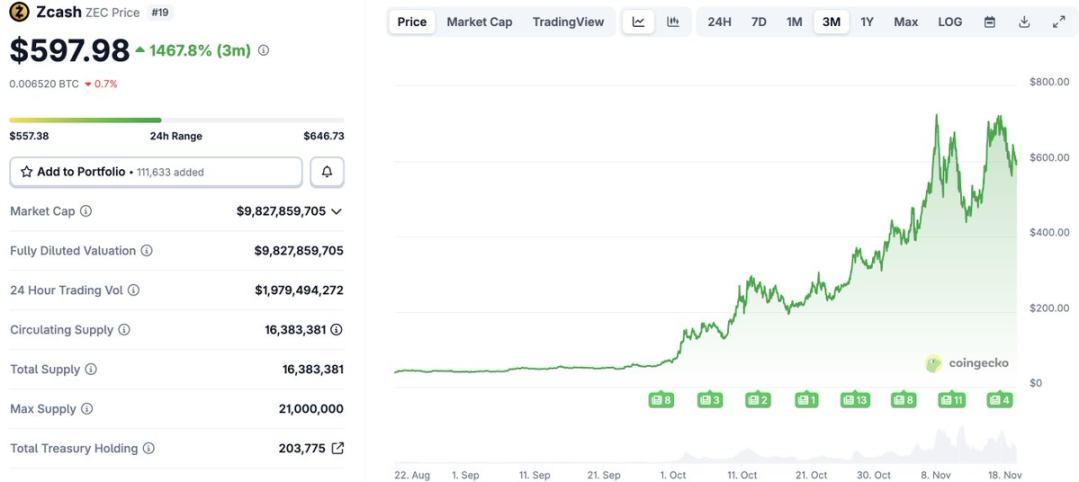Ethereum Crashes to Monthly Low – Is There Worse to Come?
If it continues to shed over the weekend, $ETH could begin next week consolidating a new support level of around $2,000.

Crypto’s second biggest currency, the $285 billion market cap $ETH token underpinning Ethereum, the blockchain with the most commercial activity, has crashed to a one month low overnight.
On paper, Ethereum’s 24-hour loss of 1% is in step with the trillion-cap market leader Bitcoin ($BTC) which shed the same amount.
Bitcoin currently changes hands at $56,172, while Ethereum is about $2,369. Both leading cryptocurrencies shed roughly 6% over the last seven days.
The last time Ethereum traded this low was on August 7 last month, when it’s price bottomed out at $2,351 after a heavy market crash two days prior.
The last time Ethereum traded consistently in the $2,300s was in early February this year.
Ethereum has been struggling a little this year. The launch of spot Bitcoin ETFs in January helped pull up the price of all cryptocurrencies considerably, including Ethereum.
Spot Ether ETFs came next, back in mid-Summer, but cooling inflows have helped dampen investors’ sentiment.
Ethereum Price Analysis – Further Drops Incoming?
Ethereum is currently trading far short of its $3,500 resistance level, seen throughout the summer.
If it continues to shed over the weekend, $ETH could begin next week consolidating a new support level of around $2,000.
 Source: TradingView
Source: TradingView
However, there are two indications that holders may not incur further losses.
The first is that Ethereum’s price has risen in the last hour closer to its thirty-day moving average of $2,382.
The coin’s rising relative strength index (RSI) of 44 suggests investors are doing a spot of dip-buying.
Disclaimer: The content of this article solely reflects the author's opinion and does not represent the platform in any capacity. This article is not intended to serve as a reference for making investment decisions.
You may also like
Has the four-year cycle of Bitcoin failed?
The various anomalies in this cycle—including waning sentiment, weakening returns, disrupted rhythms, and institutional dominance—have indeed led the market to intuitively feel that the familiar four-year cycle is no longer effective.

At an internal Nvidia meeting, Jensen Huang admitted: It's too difficult. "If we do well, it's an AI bubble," and "if we fall even slightly short of expectations, the whole world will collapse."
Jensen Huang has rarely admitted that Nvidia is now facing an unsolvable dilemma: if its performance is outstanding, it will be accused of fueling the AI bubble; if its performance disappoints, it will be seen as evidence that the bubble has burst.

After a 1460% Surge: Reassessing the Value Foundation of ZEC
Narratives and sentiment can create myths, but fundamentals determine how far those myths can go.

The demise of a DAT company
The $1 billion Ethereum DAT plan led by Li Lin and others has been shelved due to the bear market, and funds have been returned. This "going with the flow" approach may reflect consideration of investor sentiment.
